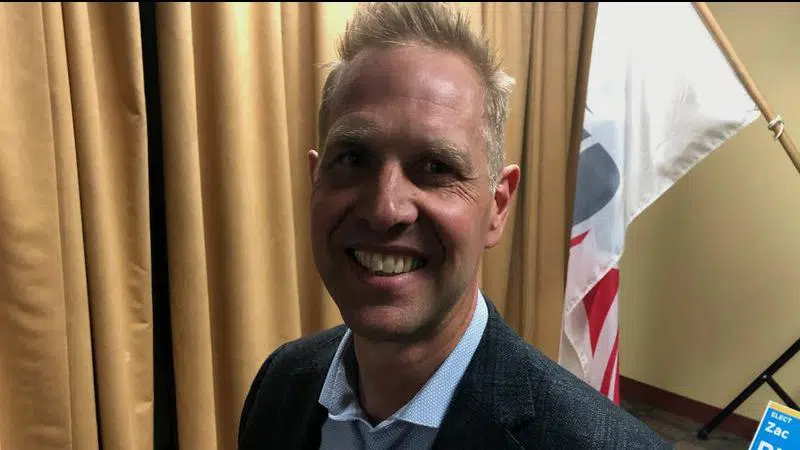
MLA Neudorf & Health Minister discuss new “goal for healthcare” in Alberta
LETHBRIDGE, AB – A series of changes could be on their way to Alberta’s healthcare system.
Lethbridge-East MLA Nathan Neudorf recently commented on his Facebook page about his goal for healthcare in the city.
Neudorf said it was important to him that the provincial government find ways to not only improve access to care but to find efficiencies in the system and to keep costs under control.


